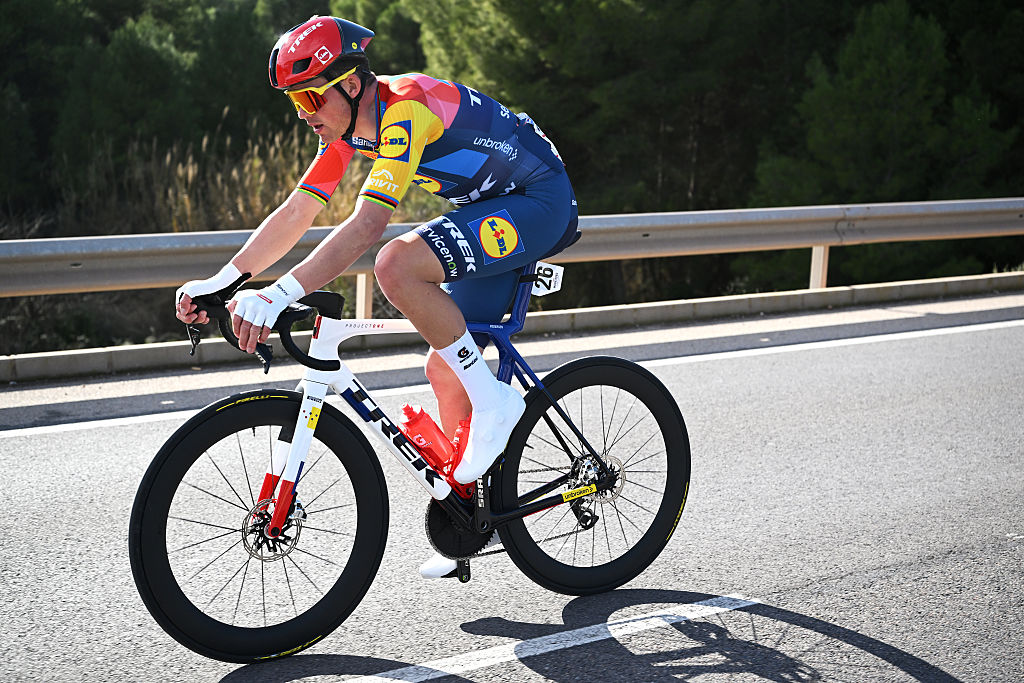Pendleton and Cooke claim British Cycling is rife with sexism
Retired riders cite similar experiences to Varnish
The latest race content, interviews, features, reviews and expert buying guides, direct to your inbox!
You are now subscribed
Your newsletter sign-up was successful
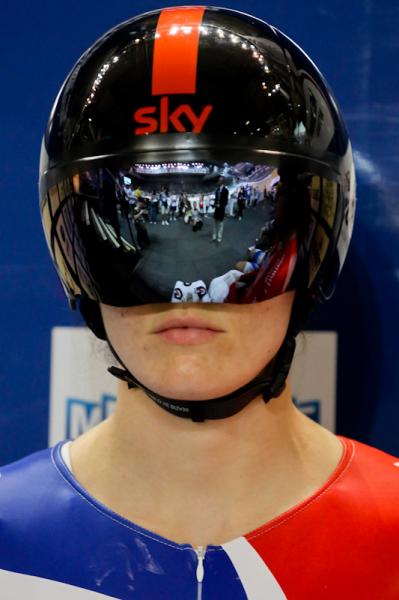
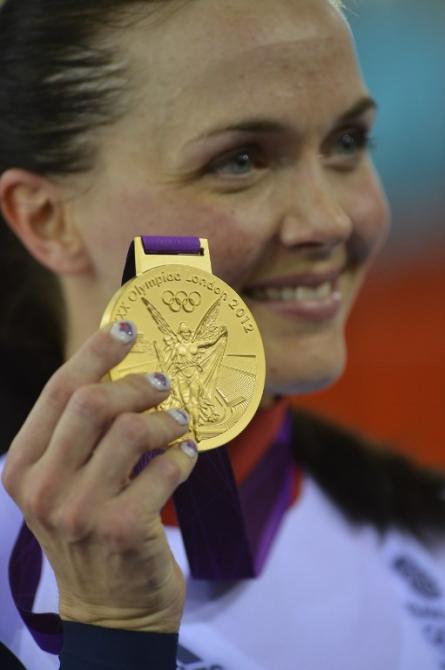
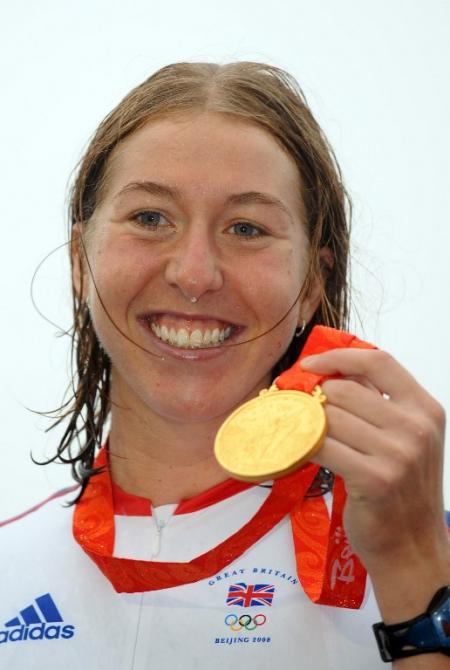
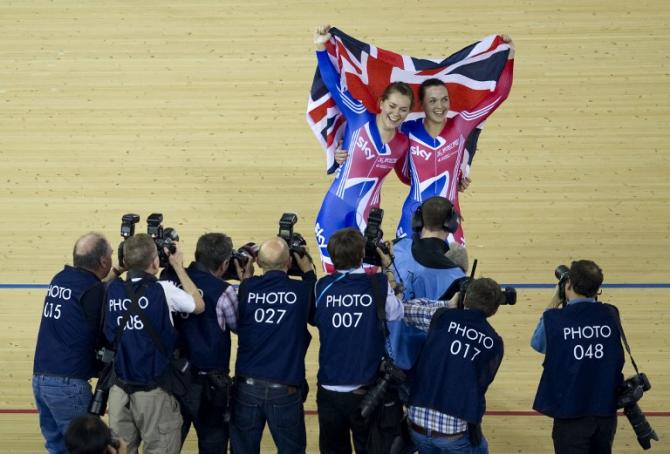
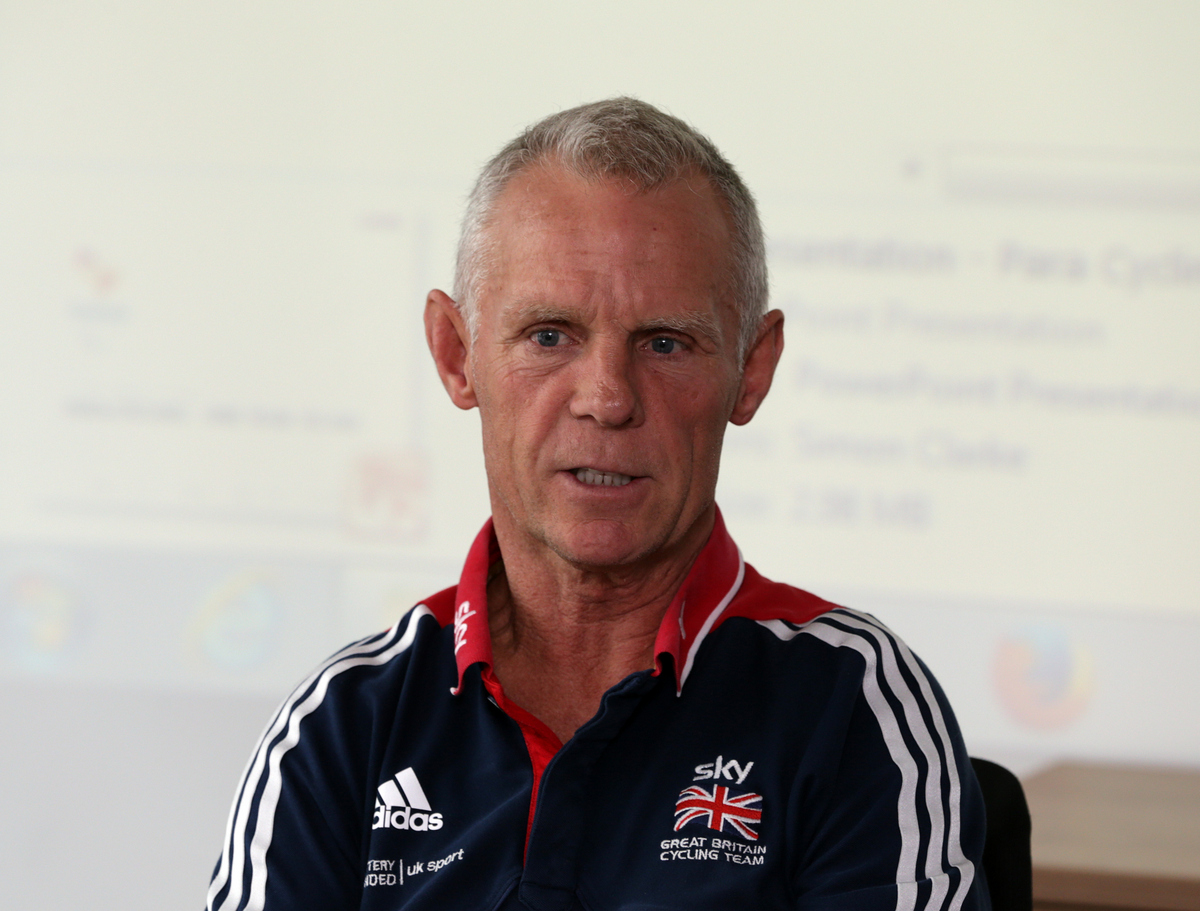
Retired riders Victoria Pendleton and Nicole Cooke have both claimed that there is sexism within British Cycling. The remarks come days after Jess Varnish made allegations relating to her treatment at the hands of the national federation. British Cycling has denied the allegations but has stated that they will seek talks with Varnish.
Pendleton: Worlds defeat can help GB pursuit women move forward
Cooke calls for women’s cycling to take a different, more ethical path
Varnish dropped from Great Britain track squad ahead of Olympics
Jess Varnish makes sexism allegations against Shane Sutton
Varnish: I no longer trust British Cycling
British Cycling announces independent review following sexism allegations
Pendleton, who retired on the back of the London 2012 Games, rode with Varnish in the women's team sprint and leapt to the defence of her former teammate in an emotional interview with The Telegraph's Tom Carey.
"I have never spoken out before. But I have to do it now. I would not be able to live with myself if I sat back and let people try to discredit [Varnish's] character. Not when I wholeheartedly believe her. My experiences [at British Cycling] were very similar. And I know exactly how miserable they made me," she told the British newspaper.
Varnish's allegations over sexism centre around two main claims. First, that she was told by a British coach that 'with an ass like mine I couldn't change position within the team sprint'. Upon being dropped from the Olympic track programme, she also states, according to the Daily Mail, that she was told to 'move on and go and have a baby' by Shane Sutton. Both the coach and British Cycling deny that such a comment was made and that Varnish was dropped for performance reasons. British Cycling deny that the rider's contract was not renewed because she spoke out over the management of the track programme during the World Championships in March.
"Of course they'll say, 'Oh it's just sour grapes' and, 'Get over it, we get results'," Pendleton added.
According to the multiple Olympic medallist, the culture within British Cycling was dominated by men and she pointed to a lack of female representation at management level as part of the issue.
"I never really felt I had the same respect as my male teammates. My opinion wasn't worth as much. I used to sit quietly in meetings and not say anything as I knew my opinions would be disregarded. And that's after I had become Olympic champion and multiple world champion.
The latest race content, interviews, features, reviews and expert buying guides, direct to your inbox!
"You have to wonder why there isn't a single woman in a position of leadership in the organisation. If there's a 50-50 split in terms of athletes, why isn't there in terms of staff? Although that's something that needs to be addressed in sport as a whole."
Varnish and Pendleton were partners on the track for several seasons and the pair struck up a strong relationship. Having read Varnish's comments to the Daily Mail last week, Pendleton felt that she had to speak up.
"Knowing Jess and having worked with her for several years, she is by no means a liar. I think probably it is her truthfulness which got her into trouble in the first place. I would wholeheartedly believe what Jess told me."
Cooke, on the other hand levelled criticism not just at British Cycling but also the UCI. Writing exclusively for The Guardian, the former Olympic road race champion painted a picture of sexual discrimination that acted a backdrop throughout her career, stating that there was "sexism by design" within British Cycling. She, like Pendleton, retired several seasons ago but her comments looked at both regimes during and after she hung up her wheels.
"Rather than attempt to dissect what might or might not have been said, let's look at a few facts that cannot be disputed and then see how the statement stands up," she wrote on The Guardian.
"The team management told Varnish your performances are not good enough to make you a favourite for a medal anyway, with the implication public money should not be spent on giving her a holiday. Strangely, the men in charge never seem to see it this way when it comes to the men's team. In 2008 when I won Olympic gold in Beijing, the day before, in the men's road race, every single one of the four men riding for Team GB failed to finish. In 2006, Welsh Cycling sent me to defend my Commonwealth Games road race title as a team of one while fielding a full team of six male road riders. None of the six finished."
Cooke's opinion piece lists further examples of what she believes is ingrained sexism at the top of elite sport, including cycling's governing body. She pinpoints UCI President Brian Cookson, who was also the British Cycling President during several year's of Cooke's road career, as someone who should be held accountable.
"The world governing body has set the tone – women are second-class citizens. It runs all the way up to events like the Tour de France," she wrote.
She also pointed to Cookson's manifesto from his 2013 campaign to run for the presidency at the UCI.
"Brian Cookson was president of British Cycling throughout my career and nearly £77,000 of public money was spent on a PR campaign by UK Sport supporting his successful 2013 bid for presidency of the UCI. He had a manifesto pledge that within one year of his coming to office, there would be a minimum wage for women cyclists as there is for men. His advising "action" committee, packed with individuals whose business model only works when the majority of women team riders do not receive the minimum wage, were never going to "advise" him that it was practical; turkeys do not vote for Christmas. Three years later that minimum wage for women to match men riders remains as illusory as it was in 2012.
"While those are broader issues for cycling, closer to home it is a similar situation. I was defending Olympic road race champion for London 2012. In 2011 British Cycling was heavily involved when Locog and the UCI organised the test event for the London Games, a trial of the route and logistics. I was delighted – until I found out that it was organising the race only for the men. When I asked "What about the women?" I was told I could hitch a ride in a team car and watch. I declined the generous and thoughtful offer."
Cooke's comments paint a similar picture of the situation last year. The Olympic Games organisers organised a men's test event on the road but there was not an equivalent version for the women. Instead, Olympic hopefully Lizzie Armitstead was given the option to traveling and training with the men before taking a ride in the team car during the men's race.
In response to Cooke's piece, British Cycling released the following statement.
"A gold medal is valued by us, no matter who wins it and we are equally proud of all our Olympic and world champions.
"The medals won by the Great Britain Cycling Team are testament firstly to the dedication and talent of our riders but each of them are also a tribute to a significant investment in passion, commitment and resources by our performance staff."

